Five Trailblazers in Black Librarianship
From Virginia Florence, the first Black woman in the U.S. to receive a library science degree, to Clara Stanton Jones, the first Black president of the American Library Association, pioneers of the profession.
|
|
Today's Black librarians follow the path of those who came before them, breaking barriers and changing the profession.
|
|
Virginia Proctor Powell Florence | 1927
In 1927, Virginia Proctor Powell Florence became the first Black person to pass the New York State high school librarian exam and went on to be a high school librarian in Brooklyn, NY; Washington, DC; and Richmond, VA. Florence was also the first Black woman in the U.S. to receive a library science degree, which she earned at Pittsburgh Carnegie Library School in 1923.
She had a degree in English literature but could not get a job, because Pittsburgh schools didn’t hire Black teachers. She worked at the New York Public Library until 1927, when she passed the exam and fulfilled her dream of being an educator.
Back to the top
|
Dorothy B. Porter | 1932In 1932, Dorothy B. Porter, sometimes known as Dorothy Porter Wesley, became the first African American to earn a master’s in library science from Columbia University. Later, she was named Howard University’s librarian, leading the curation of what is now the Moorland-Spingarn Research Center. In that work, she realized that the Dewey Decimal System had only two classification numbers for anything by or about African Americans—slavery and colonization. Porter created her own system to separate works by genre and author in various subjects, making her the first to decolonize a library. Back to the top
|
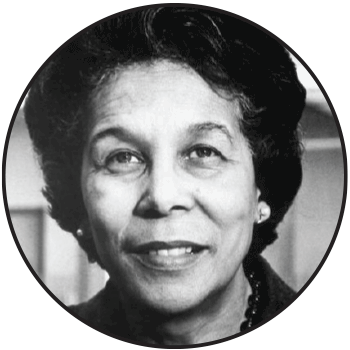
Clara Stanton Jones | 1976
Clara Stanton Jones became the first Black president of the American Library Association in 1976.
Jones ran for the office in 1974 and lost, but the winner died before the end of her term, and Jones was nominated and became president in 1976.
In 1970, she became the first African American and first woman to lead a major U.S. library system when she became director of the Detroit Public Library.
Jones and Porter were two of four librarians awarded the inaugural Black Caucus of the American Library Association’s Trailblazer Award in 1990.
Back to the top
|
|
Related Articles:
Black Librarianship Today
In Their Own Words: Black Librarians on Making a Difference
RELATED
The job outlook in 2030: Librarians will be in demand
The job outlook in 2030: Librarians will be in demand
ALREADY A SUBSCRIBER? LOG IN
We are currently offering this content for free. Sign up now to activate your personal profile, where you can save articles for future viewing


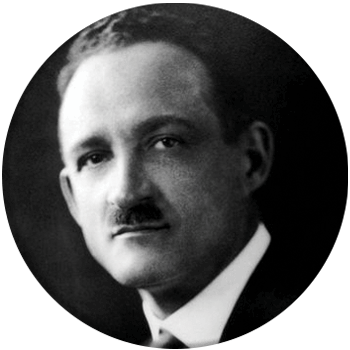
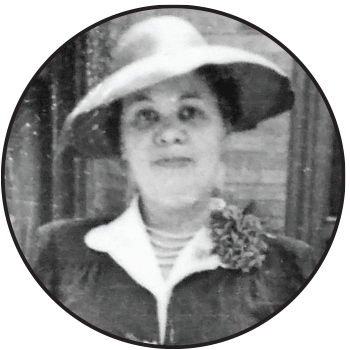
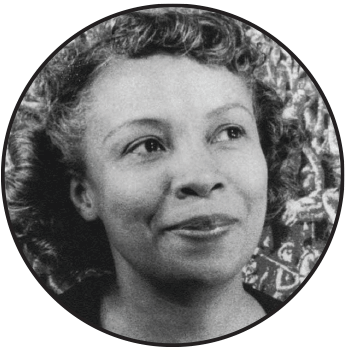
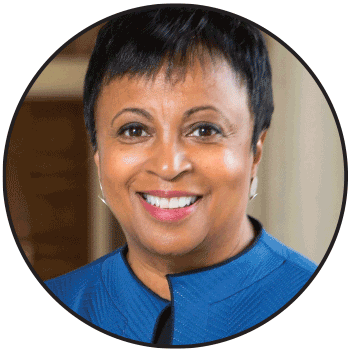





Add Comment :-
Be the first reader to comment.
Comment Policy:
Comment should not be empty !!!